Ever since the Central Bank of Nigeria (CBN) decided to exclude 41 items from having access to forex at the official market, all hell has been let loose by our friends in Europe and the US. The Economist, the British paper devoted to promoting free trade and free markets, has turned President Muhammadu Buhari and Godwin Emefiele, the CBN governor, into punching bags — or should I say toothpicks. By the way, I believe in free-market economy, more so because it has outlived other systems, but I do not subscribe to this ideology that it is the solution to every problem. There are no absolute free markets and free trade anywhere. There must be a reason for that.
The US secretary of commerce, Penny Pritzker, was in Nigeria recently to see President Buhari, and she openly complained that the forex policy was hurting American companies and constraining their ability to do business in Nigeria. It is all about American companies. By refusing to devalue the naira, Nigeria is hurting American companies. They would love to come and buy cheap assets here — and, of course, run away, as they usually do, when things taste a little sour. And by refusing to make forex available to those who want to import American eggs and steel products, Nigeria is further hurting US companies. America would love to export garri to Nigeria if they could.
Pritzker set the alarm bell ringing in my head when she said: “US companies have been quite explicit [that the forex policy] is a barrier to trade.” Now, this is serious. It is no longer about an advocacy for Nigeria to relax the capital controls but a subtle threat that we are beginning to violate the World Trade Organisation (WTO) agreements which prohibit trade barriers and prescribe free flow of goods and services across the borders. Countries that violate these agreements could face international economic sanctions. I hope we have not forgotten how the US refused to sell weapons to us to fight Boko Haram because of human rights violations.
That Nigeria’s economy is in a hard place is not in dispute. What we cannot agree upon is the best way out. Many experts want us to officially devalue the naira to reflect the market realities and attract “foreign investments”. If we are sure that devaluation will lead to an inflow of $10 billion before 2016 runs out, then let’s devalue tonight. But there are no such guarantees. There is yet no established argument, or study, to show that devaluation will turn us into an economic powerhouse. Devaluation will be a gamble, at best, and the negative impact on wages and prices cannot be ignored. I’m not saying we should not devalue; I’m only saying it is not a magic formula.
Advertisement
Also, many experts would want forex allocated to just anything we want to import. The restriction is seen as a form of trade barrier. Again, this argument is incomplete. Although the story out there is that factories are closing down and sacking workers as a result of “forex restrictions”, there is another side to the story: many local rice producers are witnessing increased patronage and expanding their businesses; Shoprite has stopped importing polythene bags from South Africa and is now patronising local manufacturers. Clearly, all polices produce winners and losers. We need to understand the ramifications before we make up our minds.
The signals from The Economist and Pritzker, which are clearly indicative of the thinking over there, are ominous. The Economist has consistently said we banned imports — which would be a clear violation of WTO agreements. To the best of my knowledge, we didn’t ban any import. What the CBN is saying is that if you want to import Indian incense, go and get your forex elsewhere, not from official sources. Those who are hooked on Indian incense for spiritual activities should be able to pay for it at N300 to $1. The Nigerian Turari could even be cheaper and more “potent”, who knows. We need $4.6 billion for imports monthly. Our foreign reserves are down. Something has to give.
But let’s even say our forex policy is erecting trade barriers — so what is wrong with that if it would help our industries grow, boost domestic production and reduce our hopeless import gluttony? The free-trade ideology is one hypocrisy I cannot live it. WTO was carefully designed to promote free trade when it was very clear that the greatest beneficiaries would be the industrialised countries. What are developing countries trading apart from raw materials? WTO encourages countries to specialise in their areas of “comparative advantage” — meaning we should specialise in producing raw materials while our friends specialise in producing finished products. Smart guys!
Advertisement
It is easy to talk about free trade when you know your products would dominate the market. It is convenient to preach a level-playing field when you will clearly control the game, like putting a five-year-old boy in the boxing ring with me and talking equality of human beings! WTO, the offspring of General Agreement on Tariffs and Trade (GATT), is effectively an instrument to keep developing countries as backward as possible: they are forbidden from using tariffs to protect their local industries. Essentially, expensively produced Nigerian dairy is expected to compete with heavily subsidised Dutch dairy at Oke Arin market. Nice try.
South Korean institutional economist, Ha-Joon Chang, captured this free trade hypocrisy excellently in his seminal work in 2002, Kicking Away the Ladder: The “Real” History of Trade. He recalled how Great Britain, centuries ago, protected its local wool cloth manufacturing by banning import. He also highlighted a 1721 legislation by Prime Minister Robert Walpole which, among other things, lowered or removed import duties on raw materials used for manufactures, increased duty drawbacks on imported raw materials for exported manufactures, abolished export duties on most manufactures, and raised duties on imported manufactured goods.
Chang illustrated the American angle with the Reports of the Secretary of the Treasury on the Subject of Manufactures by Alexander Hamilton in 1791. Hamilton argued that the competition from abroad and the “forces of habit” would hurt “infant industries” from becoming internationally competitive “unless the initial losses were guaranteed by government aid” — meaning “subsidies”, which are today considered to be anti-free trade. According to Hamilton, this aid could take the form of import duties or, in rare cases, prohibition of imports. He suggested that duties on raw materials should be generally low so that input cost for American factories would be cheaper.
It is quite instructive that after the British and Americans had successfully industrialised and needed foreign markets for their products, they began to deride the argument for protection of infant industries and started kicking against international “trade barriers”. Friedrich List, the 19th-century German economist, described this hypocritical ideology thus: “It is a very common clever device that when anyone has attained the summit of greatness, he kicks away the ladder by which he has climbed up, in order to deprive others of the means of climbing up after him.” We must not forget that South Asian countries adopted protectionism to a large degree before they could industrialise.
Advertisement
To be sure, I have not concluded that Buhari’s forex policy is the best way to go. I have always insisted that it takes more than forex restriction to inspire domestic production. Apparently, power and transport are very critical factors, in addition to skills and capital. But I am also sceptical about the campaign that tends to suggest that free trade and devaluation will automatically solve our problems. I believe that we can handle this situation more scientifically if Buhari comes to the table with an open mind. Let us do a proper study of the pros and cons of his policy, dissect the facts and figures, and examine the short-term, medium-term and long-term outlook. My two cents.
AND FOUR OTHER THINGS…
CELEBRATING UTOMI
So Professor Pat Utomi is already 60? Not too long ago, he was celebrated as a symbol of youth on the rise, having been appointed as special adviser at the age of 27 by President Shehu Shagari after accumulating two master’s degrees and a PhD. He is easily one of my role models in a country full of pretenders and half-baked intellectuals. He is an authentic thinker, and it is only in a country like ours that such a great mind is not considered worthy to be voted for or appointed to serve. It is our loss, in any case. Felicitations!
BUHARI’S TRIPS
Advertisement
President Muhammadu Buhari has come under intense criticism over his frequent foreign trips, especially as he hardly visits Nigerian states. I don’t have anything against his foreign trips, to be honest, because they are not for pleasure, but I think Buhari should be more sensitive to local tragedies as we saw in Dalori, Borno state, recently. There are moments that require cancellation of official engagements in honour of the victims, in addition to a presidential visit to the scene. We battered President Goodluck Jonathan several times for failing on this count. Buhari cannot repeat this mistake. Caution.
TAINTED TICKETS
Advertisement
A THISDAY report revealed how Rotimi Amaechi, minister of transportation, caused directors from his ministry and the ministry of finance to miss their flights to China because their tickets were paid for by the China Civil Engineering Construction Corporation (CCECC), one of the interested contractors in the railway and airport rehabilitation projects. Could it be that those directors were genuinely ignorant of the implications of flying on the bill of an interested contractor — in this age and time when Buhari has publicly declared a war on graft? Were they simply naive or was it an attempted act of impunity? Bemusing.
EKITI SAGA
Advertisement
Temitope Aluko, former PDP secretary in the Ekiti state, has sent shock waves to the polity with his “startling” revelations on how his party “rigged” the 2014 governorship election in the state. We all thought Dr. Kayode Fayemi lost to “stomach infrastructure”, but fresh revelations suggest that there was also a formidable “rigging infrastructure” on ground. But Aluko was at the election petitions tribunal as a witness and declared under oath that the poll was not rigged. Now that he is recanting, will he go scot-free? If he now defects to APC, will be become a saint — as usual? Confusing.
Advertisement
3 comments

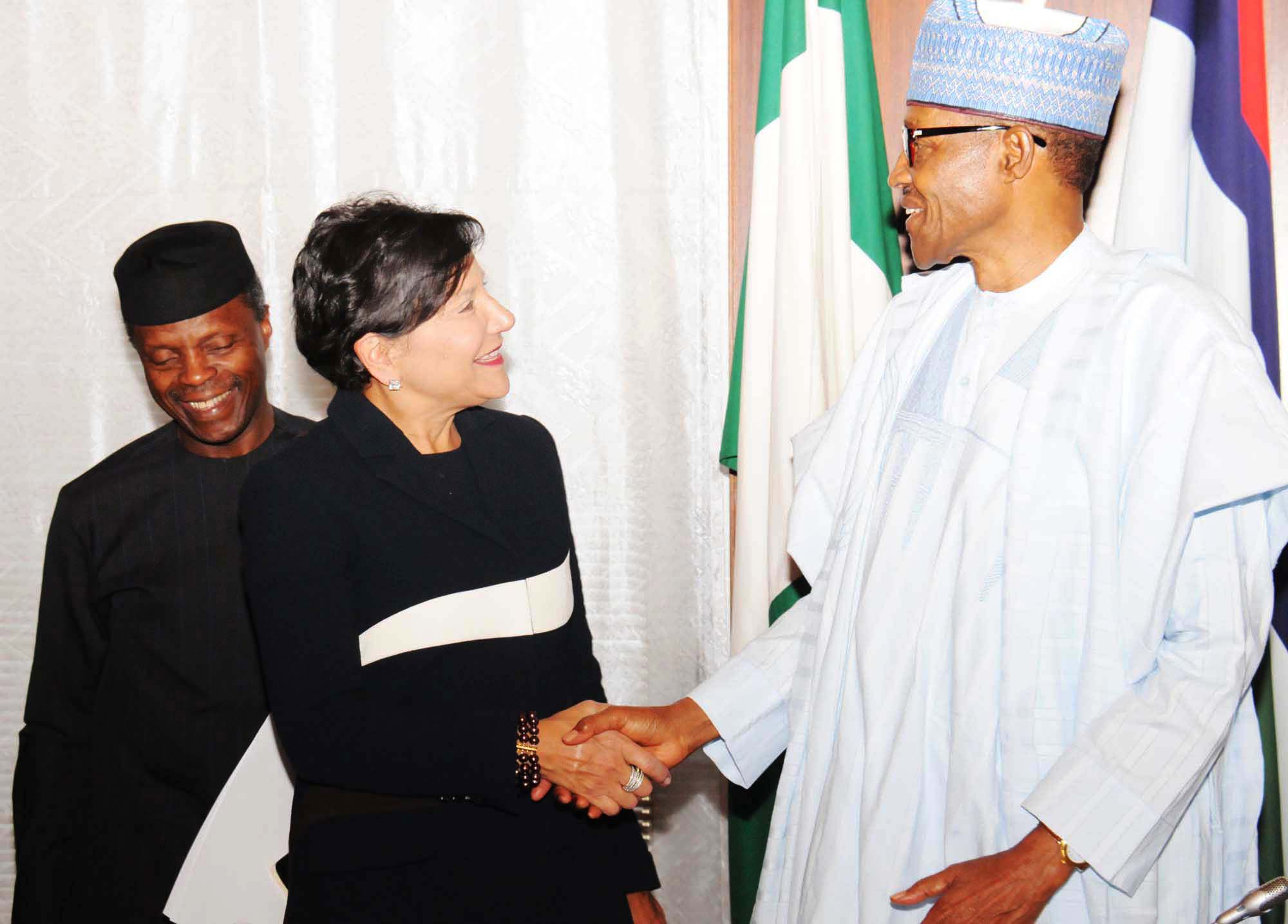

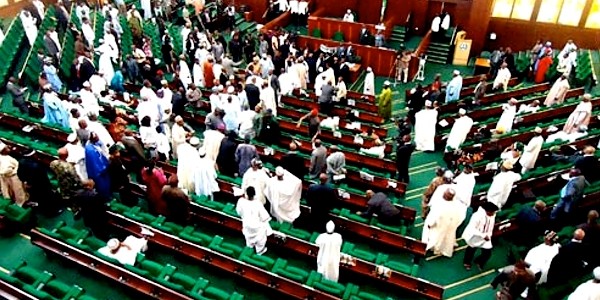
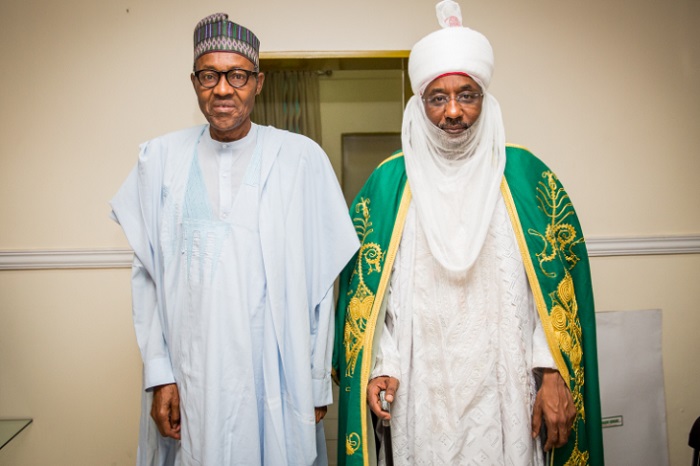

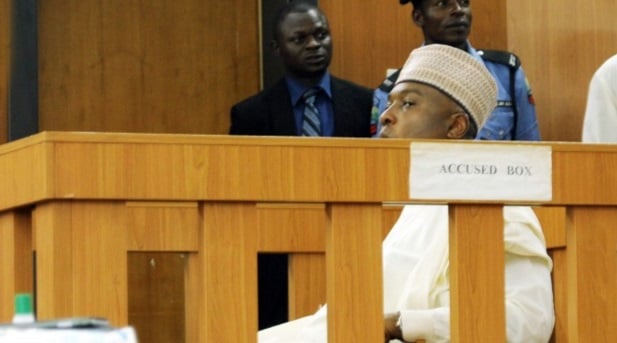
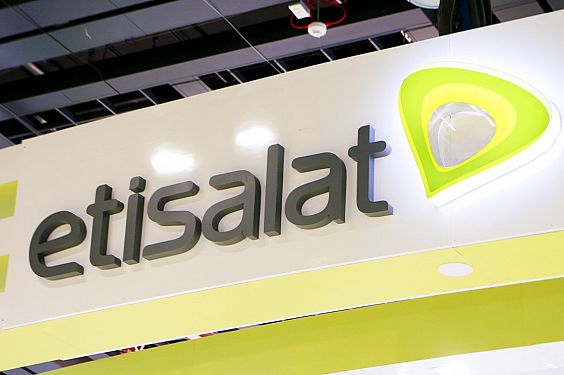
I love your articles Mr Simon Kolawole
I liked the analysis in part; particularly the WTO connection and the Naira devaluation thing. The area WTO, I beleive, has addressed but the western world in violation of the agreement, have kept strictly under their control is trade in human resources and capacity. Let us take the case of the so called expert engineer paid with an equivalent of 1000 local jobs and service. To balance things out, let them give the 1000 equivalent visa to the expertrate country for them to work in terms of trade.
Certainly, the West will never leave the room for economic growth in Africa, especially Nigeria. If a nation like Nigeria becomes economically liberated coupled with our potential human resources, then South Africa will become dwarfed within this Continent. That is if we change our attitudinal fabric. Uncle Simon Kolawole has given his insight, I hope the deaf and blind in this Buhari’s govt will glean from these 2 Cents. I will turn to 50 Cents